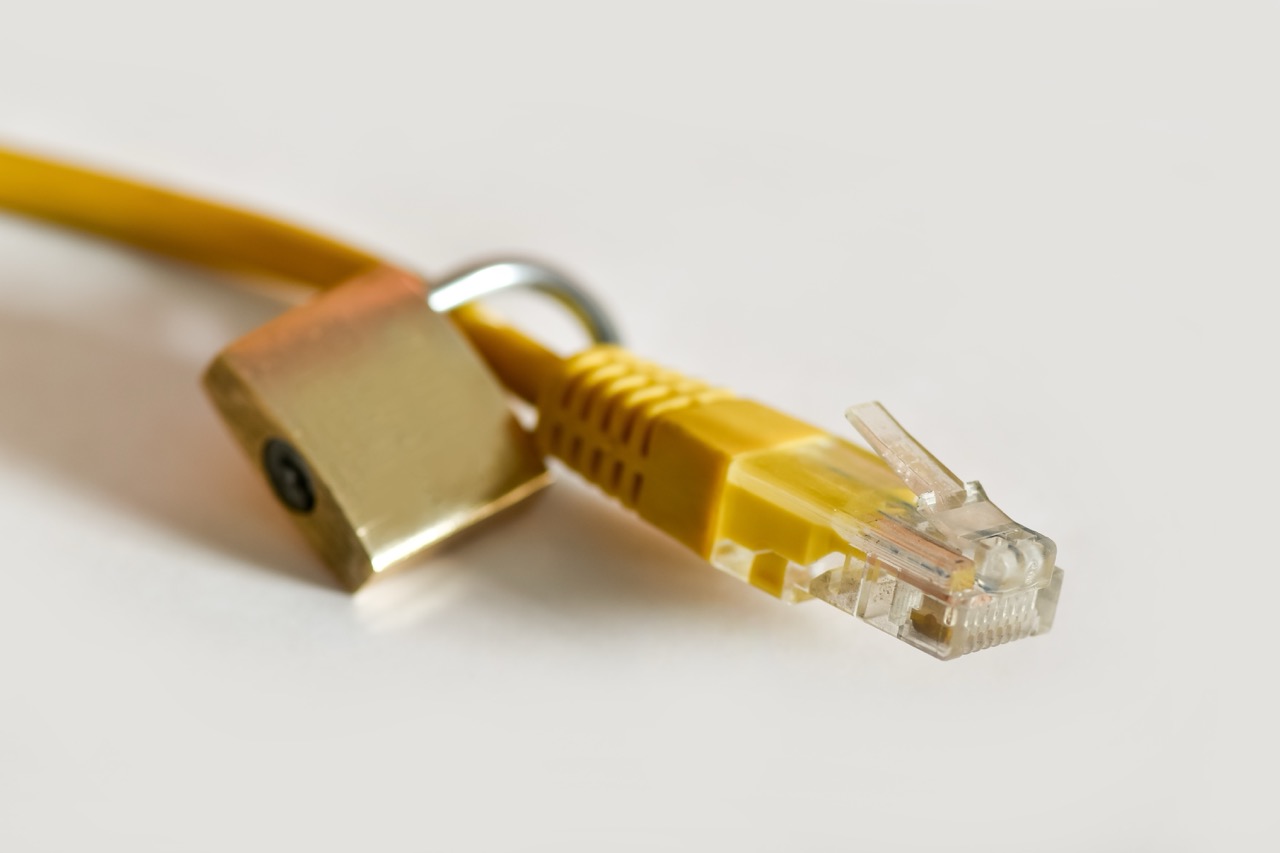In an increasingly digital world, streaming content has become a primary mode of entertainment and information dissemination. With the rise of various streaming platforms, users are constantly seeking ways to enhance their viewing experience. Virtual Private Networks (VPNs) have emerged as a popular tool not just for privacy protection, but also for potentially improving streaming quality. This article explores the relationship between VPN technology and streaming performance, focusing on various aspects that affect video quality, buffering, and overall user experience.
Understanding VPN Technology and Its Functionality
A Virtual Private Network (VPN) is a technology that creates a secure and encrypted connection over a less secure network, such as the internet. By tunneling your internet traffic through a server, VPNs disguise your IP address and encrypt your data, providing enhanced privacy and security. This functionality is particularly beneficial for users looking to protect sensitive information while streaming content or browsing online. Furthermore, VPNs can allow users to access geographically restricted content, providing a wider array of streaming options.
VPNs operate by routing your internet connection through a secure server, which acts as an intermediary between your device and the internet. When you connect to a VPN, your data is encrypted, making it difficult for third parties, including ISPs and potential hackers, to intercept or monitor your online activities. This encryption can be particularly valuable when using public Wi-Fi networks, where the risk of data breaches is markedly higher. However, the effectiveness of a VPN can vary based on factors such as the server location, distance from the user, and the chosen protocol.
Moreover, understanding how a VPN interacts with your streaming services is crucial for optimizing your experience. While VPNs can enhance privacy and allow access to region-locked content, they can also introduce complexities that affect streaming quality. It is essential for users to recognize that not all VPNs are created equal, and their capabilities can significantly influence the overall streaming experience.
How VPNs Impact Internet Speed and Latency
When using a VPN, your internet traffic is routed through an additional server, which can introduce latency and impact overall speed. Latency refers to the time it takes for data to travel from one point to another, and in the context of streaming, higher latency can lead to buffering and interruptions. While some high-quality VPN services employ robust infrastructure to minimize this effect, others may suffer from slower speeds due to overcrowded servers or outdated technology.
Moreover, the geographical distance between the user and the VPN server can significantly affect speed and latency. Connecting to a server that is far away from your physical location can introduce additional delays. This is particularly important for streaming, where lower latency is critical for real-time content delivery. Users should consider choosing a VPN server that is geographically close to their location or to the content source to mitigate potential speed issues.
Additionally, the protocol used by the VPN can also impact performance. Some protocols prioritize security, while others focus on speed. For streaming purposes, users may benefit from selecting a protocol that strikes a balance between security and performance. Understanding these nuances allows viewers to make more informed decisions about their VPN usage, leading to an enhanced streaming experience.
The Role of Bandwidth in Streaming Quality
Bandwidth refers to the amount of data that can be transmitted over an internet connection in a given period. A higher bandwidth allows for smoother streaming, especially when dealing with high-definition or 4K content. However, when using a VPN, the available bandwidth can be affected by various factors such as server load, distance, and the inherent limitations of the VPN technology employed.
When streaming, it is essential to have adequate bandwidth to avoid buffering or dropouts. If the VPN server is congested with users, it can lead to a bottleneck, reducing the effective bandwidth available for streaming. Therefore, selecting a reputable VPN provider that offers high bandwidth and dedicated servers for streaming can help alleviate these issues, ensuring a seamless viewing experience.
Furthermore, users should regularly test their internet speed with and without the VPN to gauge its impact on their streaming quality. This can provide valuable insights into whether the VPN is enhancing or hindering their streaming experience. Ultimately, understanding the relationship between bandwidth and streaming quality is crucial for optimizing video playback, particularly when utilizing VPN services.
Evaluating VPNs for Streaming Performance Optimization
When evaluating VPNs for streaming performance, several critical factors come into play. Speed is paramount; users should seek out VPNs that report high speeds and low latency, particularly those that have been optimized for streaming. Many reputable VPN services offer specialized servers designed specifically for streaming, which can significantly enhance performance by minimizing lag and buffering.
Another vital consideration is the ability of the VPN to bypass geo-restrictions. Many streaming platforms employ sophisticated measures to detect and block VPN traffic. Therefore, it is essential to choose a VPN provider that has a proven track record of successfully accessing popular streaming services like Netflix, Hulu, or Amazon Prime Video. Customer reviews and independent performance tests can provide valuable insights into a VPN’s reliability in this regard.
Additionally, features such as split tunneling can also enhance streaming performance. This feature allows users to choose which applications use the VPN and which can connect directly to the internet. By routing only high-bandwidth applications through the VPN, users can free up bandwidth for streaming, potentially improving quality and reducing buffering. An informed choice based on these factors can contribute significantly to an optimized streaming experience.
Comparing VPN Providers: Key Features for Streamers
In the crowded VPN market, various providers offer unique features that cater specifically to streamers. When comparing VPNs, it is essential to consider server locations and availability. A diverse range of servers in multiple geographic locations can provide more options for accessing region-specific content. This is particularly beneficial for users who wish to access libraries that vary by country.
Moreover, the compatibility of the VPN with various streaming devices and platforms is crucial. A good VPN should support not only desktop and mobile devices but also smart TVs, gaming consoles, and streaming sticks. This versatility ensures that users can enjoy their streaming services across multiple devices without limitations. Additionally, features such as unlimited bandwidth and no data logging policies can also enhance the streaming experience and protect user privacy.
Lastly, customer support and user experience play a significant role in selecting a VPN for streaming. Providers that offer 24/7 customer support, comprehensive troubleshooting resources, and user-friendly applications can significantly improve the streaming experience. By considering these features, users can select a VPN that not only enhances their streaming quality but also aligns with their overall entertainment needs.
Troubleshooting Common Streaming Issues with VPNs
Despite the potential benefits of using a VPN for streaming, users may encounter several common issues. One frequent problem is buffering, which can occur if the VPN is impacting internet speed or if the streaming service detects VPN usage. To troubleshoot this, users can try switching to a different VPN server, preferably one that is less congested or geographically closer to them. Additionally, reducing the streaming quality can also alleviate buffering issues until a more stable connection is achieved.
Another common issue is geo-restriction blocking. Many streaming services actively work to detect and block VPN traffic. If users find that they cannot access content after connecting to a VPN, they may need to try a different server or consult the VPN’s customer support for known working servers. Some VPN providers regularly update their server lists to remain compatible with popular streaming services, making it essential to stay informed about these changes.
Lastly, users may face connectivity problems that could be related to their local network rather than the VPN itself. Issues such as Wi-Fi signal strength, router settings, and ISP throttling can all impact streaming quality. Conducting a speed test without the VPN can help identify if the issue lies with the VPN or the local network. In cases of persistent problems, a reset of the router and device may resolve connectivity issues, ensuring a better streaming experience.
In conclusion, while VPNs can enhance streaming quality and security, their impact varies based on multiple factors such as speed, latency, bandwidth, and server quality. By understanding the technology and evaluating the right VPN for their needs, users can enjoy a more seamless and enriching streaming experience. As the digital landscape continues to evolve, keeping abreast of advancements in VPN technology and features will empower users to make informed decisions, ultimately enhancing their content consumption.









